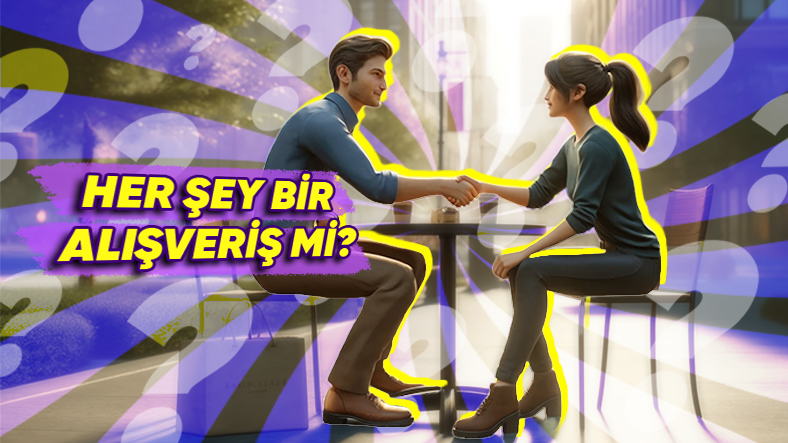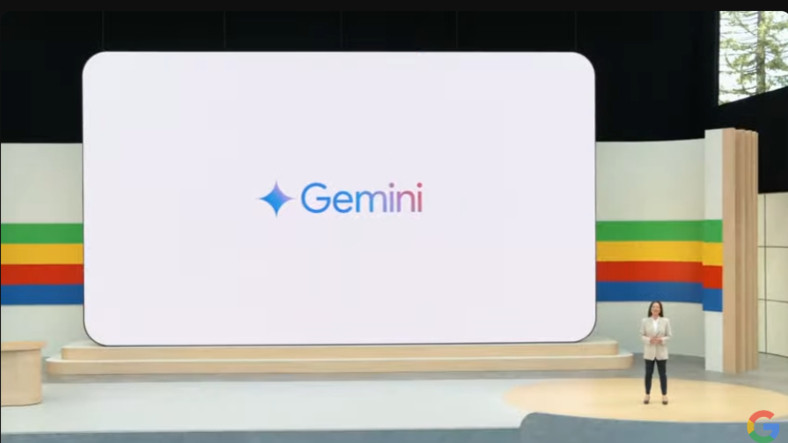In fact, it is a situation that we often encounter in our daily lives. expect a response. According to some, nothing is done for free, while according to some, nothing is expected in return for what is done. That is often the case “No, is everything mutual?” Such accusations appear in social settings.
According to sociological literature, the answer to the question is whether everything in life is reciprocal “Yes, everything is mutual!” and this too Social exchange theory They explain it with a theory called .
The roots of the Social Exchange Theory go back a long way!
The first steps of this theory, which has very ancient roots, were taken in 1759. Adam Smith It is known to have been thrown through.
Following the concept of social exchange In the 1960s The theory took its current form when it began to attract the attention of other researchers.
So what is this social exchange theory?
Social exchange theory actually is that we encounter all the timetheorizes a very well-known concept.
Simply put: our relationships and social interactions like a kind of shopping It provides a perspective from which we can look.
In other words, the theory views our relationships as a marketplace; Between what we give and what we receive It says we are looking for balance.
The theory states that people behave in ways that mutually benefit each other.
Whether at work, in a romantic relationship or even within the family, you are constantly busy We will weigh what we give against what we receive Is being asked.
Based on this, the theory states that if what we get from a relationship or situation is more than what we give, the relationship will continue; if not what if it will end or states that it will be reformed.
In other words, if we do not receive a satisfying benefit in return for what we give, this is the case. we will not continue It has been said.
In other words, this theory states that mutual benefit and the balance between costs and revenues also influence our behavior.
In short, when we give people something in our relationships (whether it is our time, our energy, emotional support or other resources), get something in return We are waiting.
For example, you take the time to support a loved one. According to the theory, your time It is a cost to you.
In return, you receive benefits such as support, trust, and happiness from your friend. So what you get for your costs is income.
In short, theory is He doesn’t do anything for free, and states that he expects to benefit from the action he performs.
In summary, it theoretically proves that nothing in life is free.
Source: Dergi Park, Research Gate
Our other content that may interest you:
Follow Webtekno on Threads and don’t miss the news













